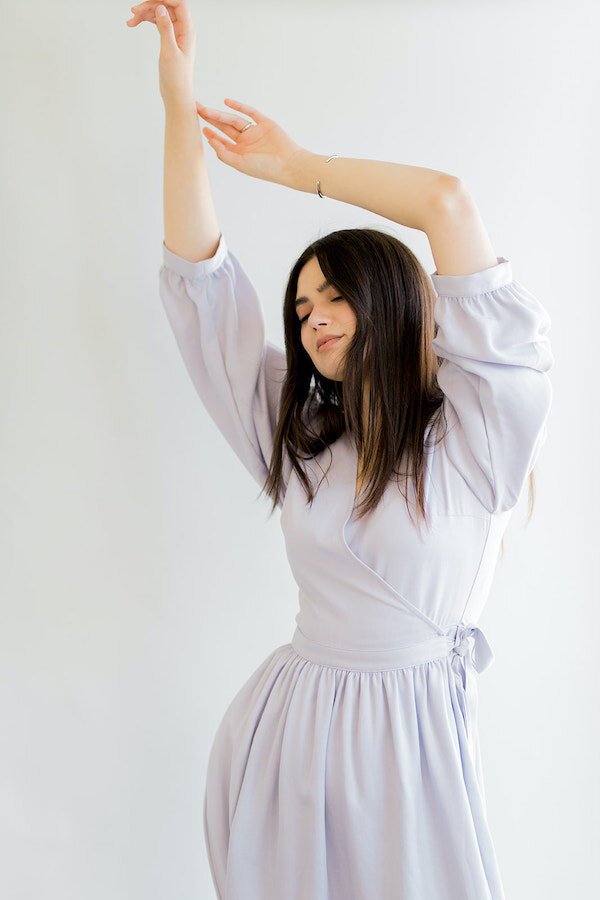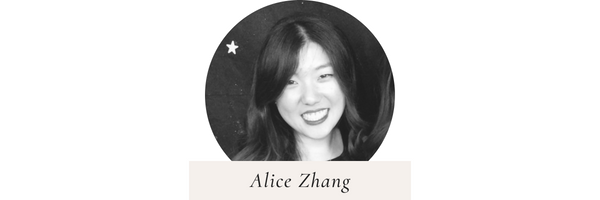
Why You’re More Than Your Personality Test Result
Why Personality Tests Don’t Define Me
“Thought of you,” my friend messages me on Instagram, next to a graphic titled “Enneagram 3 in a nutshell.” “Omg, this is me,” I type back, flattered that the coffee-loving, laptop-holding career woman in the graphic is who I like to think of myself as.
In recent years, the Enneagram and personality tools like Myers-Briggs and astrology have had a cultural explosion. It’s not uncommon to hear “she’s such a Type 9” or “they’re such a Virgo” in casual conversations. We consume this “personality type” content, following subreddits and meme accounts, and sharing the ones we love most with our friends. And all of this is good—until too much of a good thing can start becoming a bad thing.
Part of the obsession with personality test culture is unsurprising: Americans especially have always sought self-improvement to achieve our ideal, successful selves. (The money follows: self-help book sales have nearly doubled in the U.S. in the past few years.) For Millennials, personality tests just seem so “on brand.” They are signature to the generation wanting to know and better themselves, and to make an impact.
“Americans especially have always sought self-improvement to achieve our ideal, successful selves.”
In many cases, when used solely as a personality typing system, the Enneagram has been incredibly helpful for understanding myself and others. I’m an Enneagram aficionado: nine times out of 10, I’m cheering on friends to take tests and trying to help them discover their numbers.
Yet something about this feels limiting, and I have to wonder when we started believing that these test results are the sum of who we are. More than an age-old critique of those who subscribe to personality tests (since they aren’t everyone’s cup of tea), modern culture has emphasized fitting into the “brand” of our personality types, especially with all the content on Instagram illustrating typical behavior for our profile.
“Modern culture has emphasized fitting into the ‘brand’ of our personality types.”
Too much emphasis on archetypes—such as a Taurus being stubborn or an Enneagram 2 always wanting to care for others—reinforces stereotypes. Although it sounds silly to admit, I’ve even felt pangs of guilt when I don’t fit the image of my Enneagram type, questioning who I am altogether.
At best, personality tests are insightful and challenging. At worst, they can become prescriptive and emphasize traits over virtues and even an over-acceptance of our flaws. When it comes to deducing other people’s profiles or types, it’s tempting to quickly categorize someone and stop there, just like when we read a news headline but not the article.
“At worst, personality tests can become prescriptive and emphasize traits over virtues.”
But people are wildly different and unique, and using it as a prescription on others reduces people to just their external behaviors. As the Enneagram Institute reminds us, “When we diagnose others, we are always on thinner ice than when we use the Enneagram to deepen our own self-knowledge. It is, of course, more appropriate to apply this material to ourselves than to type others while we avoid looking at our own lives.”
Too often, we miss the point of the Enneagram (and other typing systems) when we reduce it to a personality test and frame it as solely a way to understand our behaviors. Instead, we can use these tools to cultivate our character. One of the little-known and most beautiful things about the Enneagram is that “ultimately, the goal is for each of us to ‘move around’ the Enneagram, integrating what each type symbolizes and acquiring the healthy potentials of all the types. The ideal is to become a balanced, fully functioning person who can draw on the power of each as needed.”
“It is more appropriate to apply this material to ourselves than to type others.”
Rather than trying to become the “healthiest Type 3” (exhibiting traits of a Type 6) I can change my perspective. And we can all embrace curiosity and continuous growth in conjunction with personality tests and self-discovery. How? Well, when it comes to conscious living, for example, we can approach life with excellence and hold companies to ethical, high ideals like a Type 1. Or we can channel the determination of a Scorpio in our fight for social justice. We can consider all sides of complicated social issues like a Type 9.
Personality is important, but virtues that can be learned from all numbers and signs are essential. No matter our personality type, we can be kind, seek justice, and do our part in caring for people and the Earth around us.
“We can use these tools to cultivate our character….and embrace curiosity and continuous growth.”
In the era of personality tests, let’s shift the narrative and broaden our horizons. After all, virtues are qualities we can all strive for, no matter our personality.
RELATED READING
Alice is a California-grown writer thinking on the things shaping urban living, the modern woman, and living a conscious life of impact in light of a bigger world. A graduate of Northwestern University’s j-school, she spent time abroad working with a microfinance project in Peru before transitioning into a 9-5 in the global development sector. When she’s not daydreaming about opening a social impact coffee shop, you can find her traveling, plié-ing at the barre studio, or curled up with a good book. Follow her latest creative endeavors and musings on Instagram at @alice.zhng.
